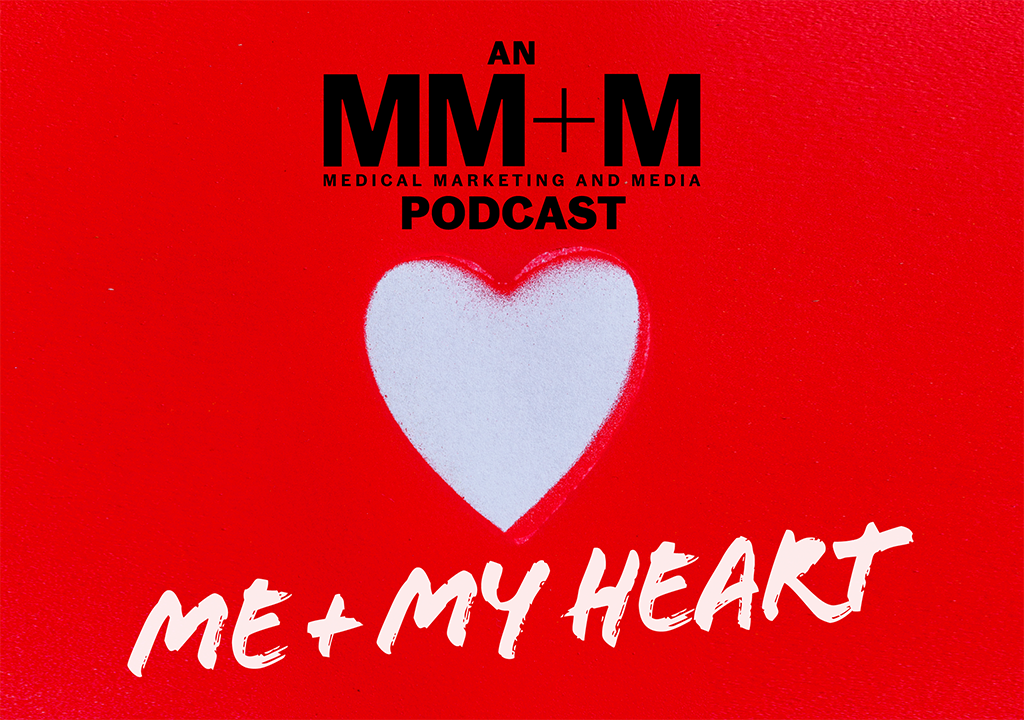Rohit Vuppuluri | Source | Interventional + Vascular Cardiologist at Chicago Heart & Vascular Specialists

Rohit Vuppuluri
Dr. Rohit Vuppuluri is a double-board certified Interventional Cardiologist. He attended medical school at Midwestern University and went on to complete his Internal Medicine Residency and Cardiology Fellowship at Franciscan Health as well as an Interventional Cardiology Fellowship in Detroit, MI. He is a partner at one of the most successful a physician owned and run practices in Chicago, Chicago Heart & Vascular Specialists.
Dr. Vuppuluri holds multiple board certifications and specializes in these minimally invasive heart and vascular procedures:
▪ Coronary angiography and intervention
▪ Peripheral angiography and intervention
▪ Venous angiography and intervention
▪ Pulmonary embolism and deep venous thrombus thrombectomy
▪ Board Certified in Internal Medicine and Cardiovascular Disease
▪ Board Certified in Echocardiography, Nuclear Cardiology, Cardiac CT, and Vascular Medicine
-
Chicago Heart & Vascular Specialists
Interventional + Vascular Cardiologist
-
Me and My Heart: I have what now?
Bill Fitzpatrick provides an intimate look at the fear and uncertainty that accompanies a heart disease diagnosis and how perilous the road to recovery looks while Dr. Rohit Vuppuluri, a cardiologist based in Chicago, details the clinical process behind a coronary angioplasty and how stents are used to treat blocked arteries.
Podcast -
Heart Disease: 6 Simple Tips to Help Reduce Your Risk
New research finds that more than half of US adults don’t know that heart disease is the leading cause of death, but health experts say there are several simple steps you can take to lower your risk.
Article
-
“Coronary calcification itself does not cause heart attacks but is a strong indicator that coronary plaque is located in the arteries. If coronary plaque becomes unstable, this can lead to heart attack or sudden cardiac death,” Dr. Vuppuluri explains.
Parade.com: The One Thing You Should Never Do if You Want To Avoid Coronary Calcification, According to Cardiologists
(https://parade.com/health/how-to-avoid-coronary-calcification-according-to-cardiologists) -
Dr. Rohit Vuppuluri, DO, FACC, RPVI, a vascular cardiologist in Chicago, Illinois, says that one way to know how much coronary calcification you have is by getting a coronary calcium scan. “A coronary calcium scan is a CT scan that quantifies the amount of calcium in the coronary arteries,” Dr. Vuppuluri says. He adds that a regular CT scan of the chest may also pick up coronary calcifications, but the drawback is that it doesn’t show how much calcium there is.
Parade.com: This Is the #1 Sign of Coronary Calcification, According to Cardiologists
(https://parade.com/health/top-sign-of-coronary-calcification-according-to-cardiologists) -
Another reason women are living longer than men is because they aren’t participating in risky behavior as often. Dr. Rohit Vuppuluri, an interventional cardiologist in Chicago, said men are more likely to engage in social habits like smoking, drinking alcohol, using drugs and making poor dietary choices.
These behaviors “increase the risk of chronic diseases like hypertension, hyperlipidemia, diabetes mellitus, chronic obstructive pulmonary disease, chronic kidney disease, liver cirrhosis and obesity,” he said. “All of these chronic diseases increase morbidity and can ultimately lead to worsened mortality.”HuffPost: So THAT'S Why Women Live Longer Than Men
(https://www.huffpost.com/entry/why-women-live-longer-men_l_6538023be4b011a9cf7b59cc/amp)


